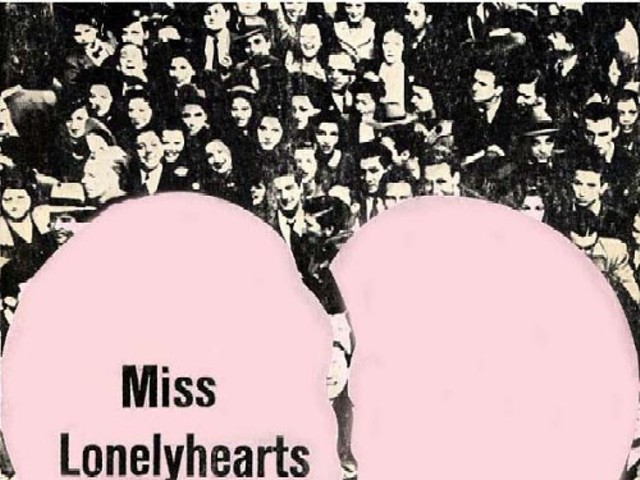The works of Shakespeare remain a huge draw; houses were full at both Washington University's production of A Midsummer Night's Dream and Saint Louis University's Much Ado About Nothing. And as always with Shakespeare, the audience spans a wide range of ages and backgrounds. The directors of these two ambitious productions chose different tacks, providing an interesting comparison for those who see both.
Henry I. Schvey's vision for A Midsummer Night's Dream is one of intellectual asceticism. Athens is represented by white risers and four tall columns, and the Athenians — men garbed in linen suits, women in togas — stand rigidly in front of them declaiming their lines. The starkness is meant to provide contrast to the Athenian woods where the fairies run rampant, a location created by swirling lights and stylized boughs descending from the ceiling; here the fairies, led by Oberon (Dan Tobin) and Titania (Julia Mellon), undulate and caper and practically sing their lines. Tobin is suitably regal, especially in his dealings with his servant Puck, played with wild abandon by Artem Kreimer. The duo provides the bulk of the comedy and all of the energy, clambering across the stage and shinnying up the columns as they plot and twist the lovers' lives into knots. Kreimer is a wonder, dancing his character into being with supernatural grace and fey presence.
The Athenian scenes suffer by comparison, coming across as staid and flat. This Night seems fractured, divided into a playful realm and a serious world, and one longs for more of the kineticism and color found in the former. There are times the cast seems to be keeping the audience at arm's length, presenting a performance at you rather than performing a story for you.
With his lush Much Ado About Nothing, Tim Ocel opts for telling a beautiful story beautifully. The time is 1936, and Italy has just invaded Ethiopia. Dashing young soldiers Claudio (Mark Holzum) and Benedick (Gregory B. Cuellar) return to Messina for a month of leave. Claudio almost immediately becomes engaged to Hero (a winsome Sam Moyer), while Benedick resumes his ongoing spat with Beatrice (the lovely Katie McGee). Cuellar is a gifted comic actor, imbuing Benedick with an engaging pomposity — he's a bit of a self- involved doofus, but he is a charming rascal. He's more than matched by McGee's Beatrice, here an effervescent wit who slashes Benedick's ego to ribbons with a dazzling smile. The pair dances around 1930s Italy in lovely period costumes, sparring like Tracy and Hepburn while their friends plot to make them fall in love.
But it's clear from the onset the two are meant for each other; the fun comes in watching them convince themselves of their true feelings. Cuellar eavesdrops on the plot from every possible nook and cranny of the stage (a magnificent array of ancient walls and towers built by a committee of students), becoming comically unhinged as he learns of Beatrice's "love" for him. Beatrice does her own prowling as Hero and her nurse, Ursula (Allison J. Wolz), play badminton. It's worth noting that the ladies fumble not a line as they maintain their game, and indeed, the entirety of the cast handles the language marvelously. Voices are clear, passionate and engaged in what they're saying. The audience is part of the story, invested in the action by a young cast that shares our delight in what's happening onstage.






